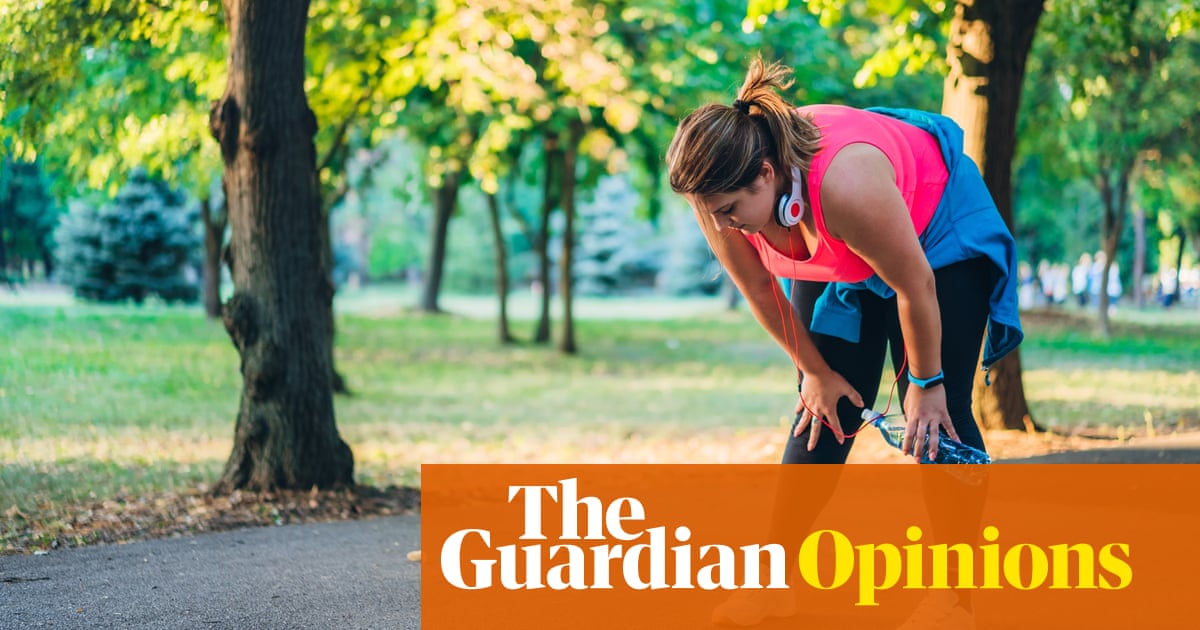
There’s no denying that there has been a spotlight on violence against women and girls over the past year. Finally, our safety feels like a political priority. But if we are going to truly change the lives of women and girls across the country, we need a reset on the way we think about solutions to some of our most deep-rooted problems.
We know that women don’t feel as safe as men in public places. As young girls grow, too often, their worlds contract. Whether at work, on a night out or walking through a park – for too long, women and girls have been forced to change their behaviours.
This week, alongside the University of Leeds, we set out bold plans to make parks safer for women and girls. Women in Britain are three times more likely than men to feel unsafe in a park during the day, according to our research. This only gets worse at night. And three-quarters of the girls we spoke to said they felt unsafe in parks. More than 50% of women felt unsafe. This can’t be right.
Giving women more of a role in designing our parks has the potential to turn the tide, and make their safety a priority rather than an afterthought. When you consider that parks are largely designed by men, it’s not surprising that women’s safety can often be overlooked. Men don’t routinely look over their shoulder when walking home at night or carry their keys in their hand for protection.
But with a change in approach, our green spaces can become welcoming and safe places for everyone to enjoy. Our research found that creating openness and visibility in parks, clear escape routes and better lighting made women feel safer, along with a visible presence of park staff. We also identified a need to encourage a range of diverse, women-led activities that create a sense of belonging in our parks. With more people in the park, women and girls feel safer. And it’s really important that the surrounding areas and routes into parks don’t have hidden or enclosed entrances.
For me, the safety of women and girls in public places is personal. When I was at university, a stranger tried to rape me in the street. I tried to fight back, but he was stronger. And if it wasn’t for the swift actions of a neighbour, I know this terrifying ordeal would have ended differently.
Thankfully, the police caught the perpetrator, and he spent time behind bars. I was one of the lucky ones. But what happened that night has never left me – it changed my whole outlook on life. I went from being a confident and vivacious 20-year-old young woman to someone who lived in fear. But as time passed, I also began to feel energised by a desire to prevent it happening to others. As the country’s first and only woman metro mayor, I believe every woman and girl, no matter where they are, should feel safe.
Researchers at the university heard from more than 100 women and girls about their lived experiences. They told us how unsafe they felt in parks due to being harassed or assaulted. Their stories were compelling and, if we want women and girls to reap the vast benefits of parks, we must hear them and change our approach, from the design to the maintenance of our public spaces. I urge other local leaders to follow suit and adopt the recommendations in our report Safer Parks.
In West Yorkshire, we’ve already made a start on putting this into practice. We’ve installed exercise equipment, renovated disused buildings and channelled thousands of pounds into community activities, such as women-only yoga and boxercise classes, so that communities can use spaces without fear.
However, we know that issues of women’s safety are widespread across the whole of society, not just in parks but on our streets, and on transport across our towns and cities. By listening to women and girls from all walks of life, we’re improving our towns and cities and making them safer. We know that the problems are complex, but in West Yorkshire, we’re up for the challenge.
Tracy Brabin is the mayor of West Yorkshire
Information and support for anyone affected by rape or sexual abuse issues is available from the following organisations. In the UK, Rape Crisis offers support on 0808 500 2222 in England and Wales, 0808 801 0302 in Scotland, or 0800 0246 991 in Northern Ireland. In the US, Rainn offers support on 800-656-4673. In Australia, support is available at 1800Respect (1800 737 732). Other international helplines can be found at ibiblio.org/rcip/internl












